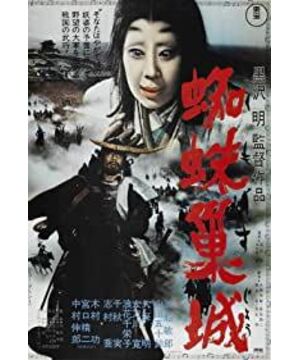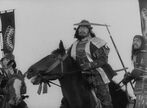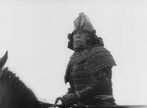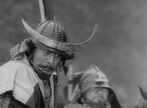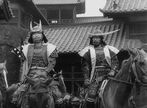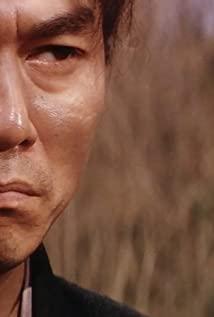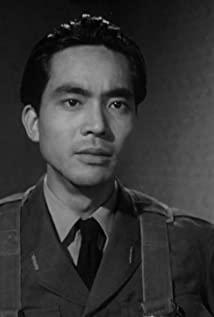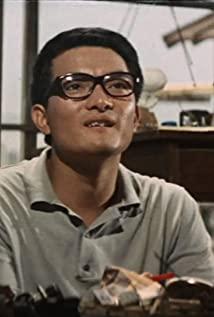"Spider's Nest" is the Japanese version of "Macbeth", one of Shakespeare's four tragedies. In addition, Kurosawa also filmed "Ran", the Japanese version of "King Lear". Kurosawa's love for Shakespeare is self-evident, and his films also capture the essence of Shakespeare-paying attention to human nature.
Chen Yunlin's "Shakespeare's Dream" commented on "Macbeth" in this way: a tragedy caused by uncontrolled ambition. "Macbeth" is the last completed of the four tragedies. In terms of character description, it is more mature, pungent and straightforward than the previous three. And the subject of discussion—how a person goes from just wanting a desire to finally committing an unforgivable crime—is also very thrilling. "Although this play is more fatalistic than the previous three plays due to the role of the witch prophecy, what Shakespeare is easy to describe is not Macbeth's resistance to fate, but Macbeth's fall due to ambition, and his conscience is disturbed after making mistakes. , But refuses to repent and chooses the degenerate gloom of human nature. The process of chasing, feeling guilt, and being more guilty and suppressing guilt is very vivid and profound. "After
watching the movie, I have been thinking: Is it a tragedy caused by fate? Or a tragedy caused by desire? I think it is the latter. In "Macbeth" Bangor said: "If you believe in witches, you will Find a way to grab the crown into his hand. In order to frame us for evil, the devil first gains our trust in trivial matters, and then lets us fall into his trap at important junctures. "The reason why the witch's prophecy is repeatedly tested is to a large extent the use of the weakness of human nature, that is, the infinite desire. As the witch and his wife said, Washizu has never dared to face his sincerity. If Washizu himself had no ambitions, He will not be moved by the witch’s prophecy, nor will he follow his wife’s courage to kill the king. It is not fate that makes him fall into the abyss of sin, but his desire for power. About this point in "Spider's Nest" It is conveyed by singing.
The opening and ending is the same song, "Looking at the ruins of the ancient city full of desire, the wandering spirits and ghosts still linger. Human desires are like a fierce battlefield. No matter ancient or modern, they will never change." When He Sanmu lost his way in the forest, the director used the voice of a witch to directly sing, "How ugly the world is. It is born in the world, as cheap as an ant, but still alive. Why bother yourself, how stupid. Life is like a flower, coming and going in a hurry. In the end. The beard must also turn into carrion skeletons. For the desire for power, people will not hesitate to burn their bodies, and they will not hesitate to jump into the deep pool of five turbidities. Sins are hoarded, and they have reached the end of confusion. The carrion fell on the soil and bloomed, releasing fragrance. The ridiculous people, it is too much. It's ridiculous." Kurosawa could not have expressed it more clearly.
In the previous fish review "The Promise" by the lake, it was said that the passage of Guangming lost in the woods and met the gods completely copied Kurosawa Akira's "Spider's Nest City". At the same stage, Chen Kaige talks about fate, while Kurosawa talks about desire. The former is nothingness, and the latter is human nature. This is the distance of thought.
View more about Throne of Blood reviews


